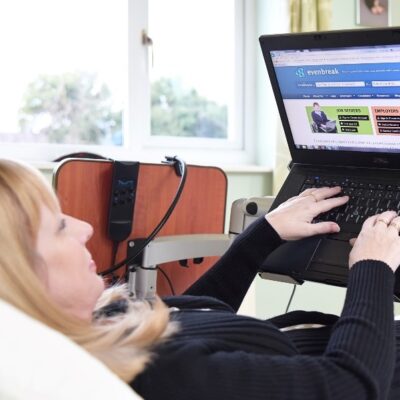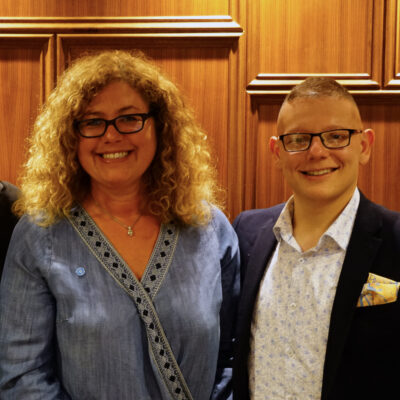One of our Experts Richard Carter recently sat down for a live chat with social entrepreneur Dr Miriam Silver on our Instagram channel. If you’d like to watch their conversation rather than read the highlights below, you can find it here.
What is the one essential business lesson every entrepreneur should know?
One of the lessons I learnt early on is to put my hand up when I didn’t understand things. Things like IRR (internal rate of return)! There is nothing wrong with pausing the conversation and getting something explained.
‘Every journey starts with a single step’ is also absolutely accurate. There is no way you could step out of the door and run a half marathon without training, for example. But if you work up to it you’ve got a much better opportunity of getting there. Even if you want to run 13 miles but you only achieve 10, you’re a lot further on than the 100m you started off with when you started training.
With scaling a business you need to think about where you want to be in three to five years time and then start breaking that down into steps. Draw out some key indicators – how many staff do you want to be up to, what sort of turnover, when you will be making profit? Don’t worry about the longer term, just focus on what you have got to do in the short to intermediate term to achieve those steps. And then monitor that every now and then to check you are moving in the right direction.
As an investor yourself, how do you balance financial and social returns?
There are two kinds of investors at extremes. Those that will give you money and expect no financial return at all because they see the social purpose you have and they want to make the world a better place. At the other extreme are those people that don’t care what you do, they just want to get a better return on their investment than they can get elsewhere.
Between those two extremes you can find people that would quite like to get a bit of a return on their investment but really want to do more good. And then you get those who want a bit more of a return, doing some good along the way.
My wife and I do some angel investing. With some investments we expect to get a return but with other things we look at we don’t expect to get some money back but we want to participate. That might be in the health sector or the arts but we want to get involved because we think it is the right thing to do. If you can find investors with that sort of mix, you’re pretty well placed I think.
You need to be going to the right places and you need to be constantly pitching at pitch events and investment forums and then you will find that people will sidle up to you and tell you they like your vision.
Investment also doesn’t need to be about money, it could be about time. People might want to help you with one area of your business on a voluntary basis because they like what you are doing. To find investors, you can Google ‘Angel Clubs’ in your area or pitch events. Once you get on one, talk to other people while you are there and they’ll tell you about others.
Why did you want to mentor for Expert Impact?
I was first asked to speak to other entrepreneurs at a social impact incubator in Leeds a few years back. They were in the same situation as I was when I started my career, which was that there were lots of things they didn’t know that they didn’t know. If you have been running a business for a number of years, those things are pretty obvious, but they’re only obvious if you have done it.
But there was some imposter syndrome associated with that. Just because I’ve got where I am, doesn’t mean I’ve got anything useful to share. Then over time you realise some of the tricks that you have learnt are actually of value to others. When Expert Impact first got in touch, I ignored it for a number of months because I didn’t think I was capable of being a mentor.
But then you realise there are various bits of knowledge and information that you’ve got that are useful to others. If nothing else, to challenge them – ‘why do you think that? Why are you going down that route?’ – to get them to articulate their vision to somebody else.
At the time of writing, Richard has mentored six social entrepreneurs for Expert Impact. You can check out who they are on his profile here. If you’d like to find yourself a mentor to help you with your social enterprise or charity, start here.



